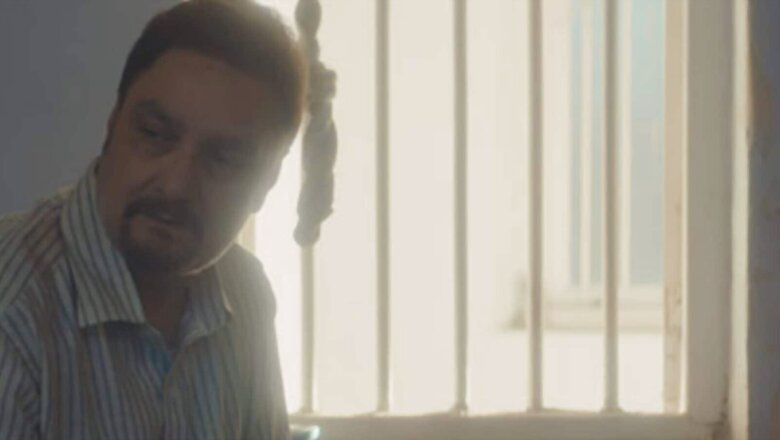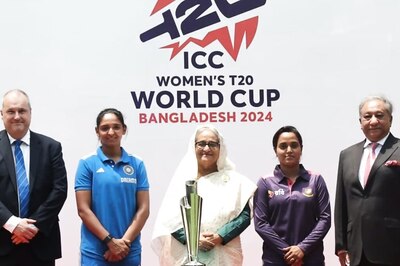
views
Karl Marx once said that religion was the opium of the masses. Indian director Aman Sachdeva pegs his movie, Opium, on this concept. Screened at the recent Tokyo International Film Festival, the work is a five-part anthology that explores human emotions associated with religion. Anger, revenge, frustration, prejudice, and even friendship are examined with a lot of feeling and sincerity.
The one story I did not much care for is The Blind, set in the near future, and which made little impact on me. The story is bizarre with men watching men through a telescopic lens, and finally kidnapping one. It begs for comprehension, and I wondered why given the rest of the plots which have been written and narrated with delightful lucidity, the director should have wandered into The Blind.
TOP SHOWSHA VIDEO
The Riot was engaging and begins on a note of high emotional drama with loud banging on the door by men baying for blood. The Hindu family inside is anxious and frightened, but when the mob disappears into the night, there is a sense of relief. A little later, two women are outside the door desperately pleading for help and to be let inside. The man of the house relents, but when he sees they are Muslims – mother and daughter – he is consumed by hatred and revenge and seeks to get to the top. He wants to rape the girl, and justifies this by saying that “they also did this to our women". The climax is superbly written and keeping in tune with a certain universal truth, goes to prove that life catches up with you sooner than one would imagine.
Wood is about a man’s dilemma. With his old father on his deathbed, the son can ill-afford a decent coffin. And if it is not made of good wood, in this case, mahogany, he feels his Christian community would ridicule him. He begins to convince his father to convert to Hinduism in which he feels the rituals, including the cremation, will be far less expensive. He keeps mulling over this, shifting from one religion to another in his desperation to find an affordable means to give his old man a decent sendoff. Sachdeva infuses subtle humour in a subject as grim as this, and Vinay Pathak as the son goes along with a deadpan expression that suggests a sense of deep anguish at his own helplessness.
Pulav underlines religious rigidity, and how this can negate the urgent need for economic stability. When a young woman takes up a job in a food delivery chain, her first assignment involves a packet of pork. But my religion would not allow that, she pleads with her manager, who tells her firmly that she cannot be choosy about what she would transport to a customer. She is so steeped in her belief that she quits even before undertaking her first delivery, and we see her sans her uniform enjoying her pulav!
I found A Petal to be the loveliest of the lot with two little boys – one a Hindu and the other a Muslim – bonding over a funeral ritual, which necessitates the use of cow dung. One asks the other to go back to the ceremony being conducted after the death of his father. ‘I will get the dung,’ the Muslim lad tells the other and goes in search of it. There is enormous sincerity here. And coming from a boy, barely seven or eight, this segment lends itself to much thought. We realise – and perhaps sigh in despair – how childhood innocence and honesty give way to bias and rancour.
Sachdeva manages to get to the bottom of the religious animosity that modern Indians have been witnessing for a while, and his last segment may be utopian in a certain sense but has a lot to say about how we grow up into inconsiderate human beings.
(The views expressed within this article are the personal opinions of the author.)
Read all the Latest Movies News here

















Comments
0 comment